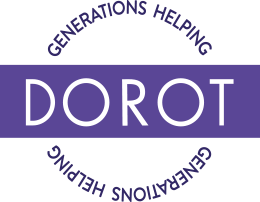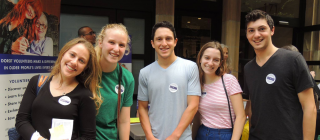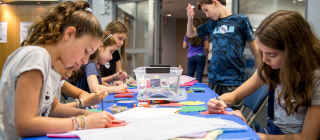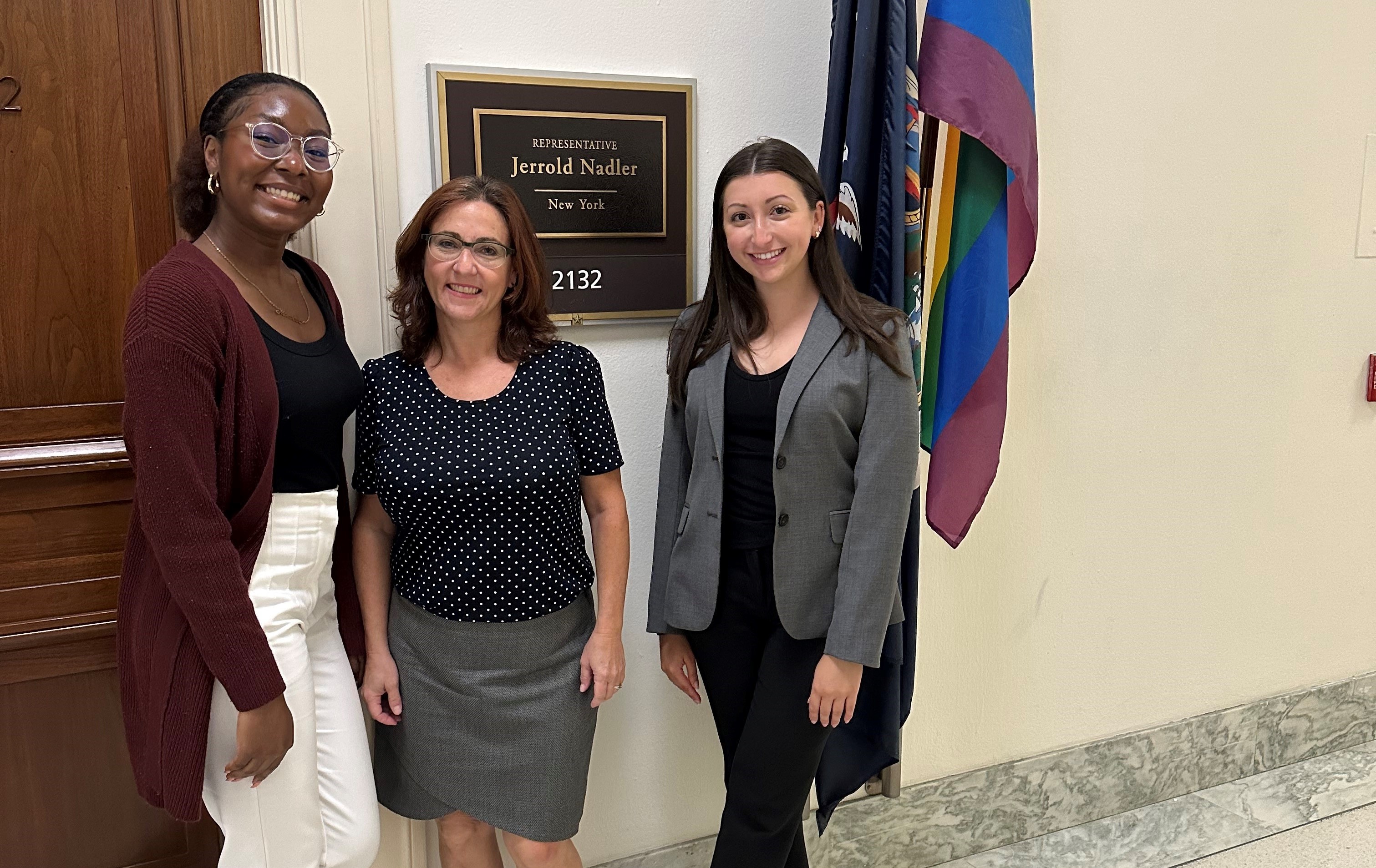As DOROT’s Chief Program Officer, I am privileged to work daily with staff that connect deeply with DOROT’s commitment to alleviate social isolation and bring generations together. We get to see the effect human interaction can have on the spirit of older adults and volunteers alike.
Last month, as part of Global Loneliness Awareness Week, an annual campaign dedicated to raising awareness of loneliness, I traveled to Washington, DC to participate in a gathering sponsored by the Coalition to End Social Isolation and Loneliness (CESIL), of which DOROT is a member.
CESIL convened experts and advocates from a diverse range of organizations, many of whose work intersects with DOROT. We all recognize that there’s a “dose-response relationship” between social connection and health, meaning that personal interactions that create a sense of connection or community can have a profound protective effect on an individual’s well-being. And research backs this up – studies have proven that programs that foster meaningful connections and social community can improve participants’ lifelong health.
In addition to learning from each other and from incredible speakers, we amplified our collective voices in Congressional offices to raise awareness and cultivate support for ways legislators can address social isolation, loneliness, and social connection. I had the opportunity to meet with staffers for Representative Guy Reschenthaler (R-PA) and Representative Jerry Nadler (D-NY), a longtime friend of DOROT. Our conversations were encouraging; advancing social connection is non-partisan and benefits everyone.
Just a few weeks ago, Dr. Vivek Murthy, Surgeon General of the United States, released a groundbreaking report classifying loneliness as an epidemic for people of all ages, with research quantifying the physical and mental health consequences of social isolation. The report gives language, data, and prominence to the issue, and calls for establishing an infrastructure to help people stay socially connected, work that DOROT has been at the forefront of for decades.
In my day-to-day work, I feel fortunate to witness the impact of DOROT’s efforts on an individual level. I am also grateful to have had the opportunity to network with like-minded leaders from organizations across America addressing the crisis level of social isolation and loneliness in our country. DOROT’s place at this broader table reflects the value of our experience, the mutually beneficial nature of our programs for both older adults and volunteers, and the potential to have even greater impact working together.
Ali Hodin Baier, Chief Program Officer, DOROT




